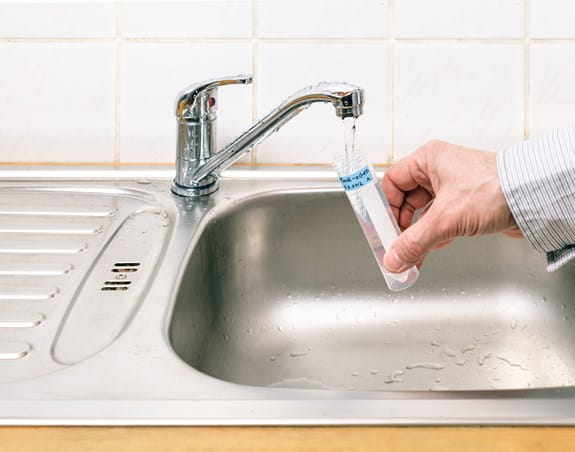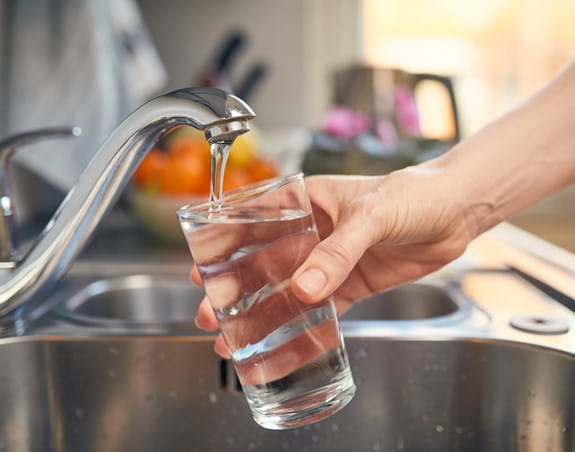Arsenic
What is arsenic - and how are we exposed to it?
Arsenic is a substance found in rocks and soil that occurs naturally. You can be exposed to many forms of it. Arsenic is grouped into 2 categories:
- organic (meaning that it is combined with carbon)
- inorganic (meaning it is not combined with carbon)
Organic arsenic, such as that found in fish, is considered safe. Inorganic arsenic is not.
Canadians may consume arsenic from their municipal drinking water or private well water. Usually these levels are very low, but some areas of Canada have higher levels of arsenic in drinking water. Arsenic gets into drinking water either from natural sources, such as rocks and soil, or by contamination from certain types of mining, smelting or manufacturing plants.
Showering, bathing, swimming and other activities involving water are not believed to be harmful because arsenic is not absorbed through the skin.

Arsenic and cancer

The #1 thing to do if you have a private well
If you have a private well, test it for arsenic. The ministry of health or ministry of environment in your province or territory can tell you how to do this. If your arsenic level is above 0.01 milligrams per litre (0.01 mg/L) or 10 micrograms per litre (10 µg/L), stop drinking from the well and take steps to reduce the level of arsenic. You can get information about reducing the arsenic levels in residential water treatment systems from Health Canada.
If your water is contaminated with arsenic, you may have to use bottled water until the arsenic problem is fixed.

Should I drink bottled water instead of tap water?

